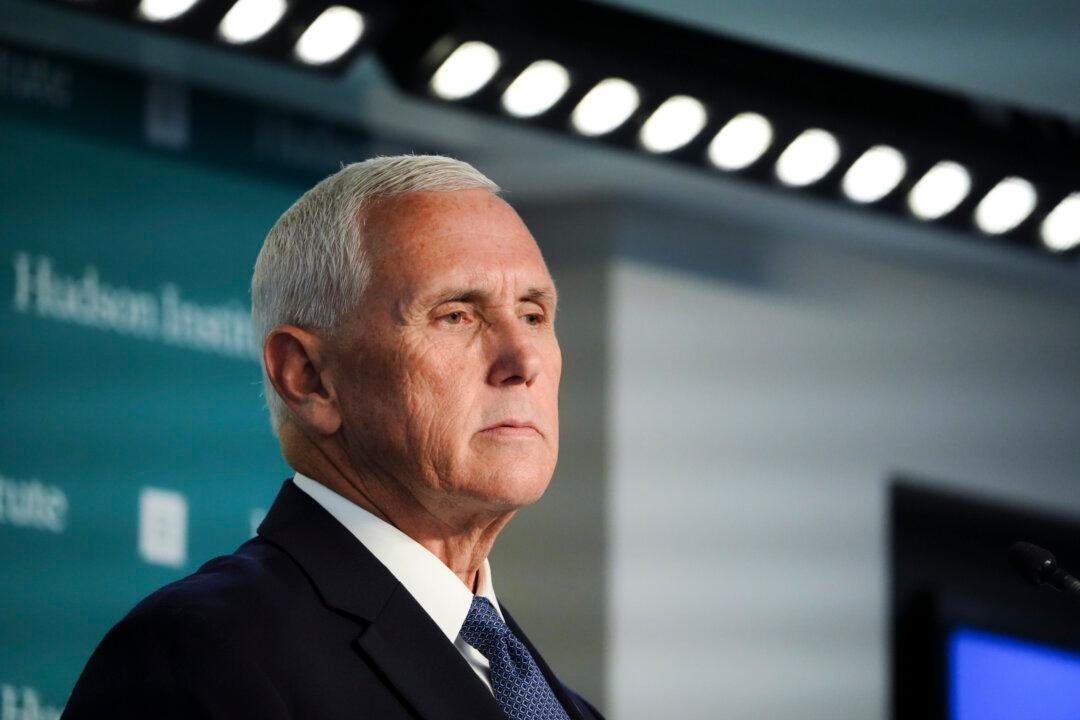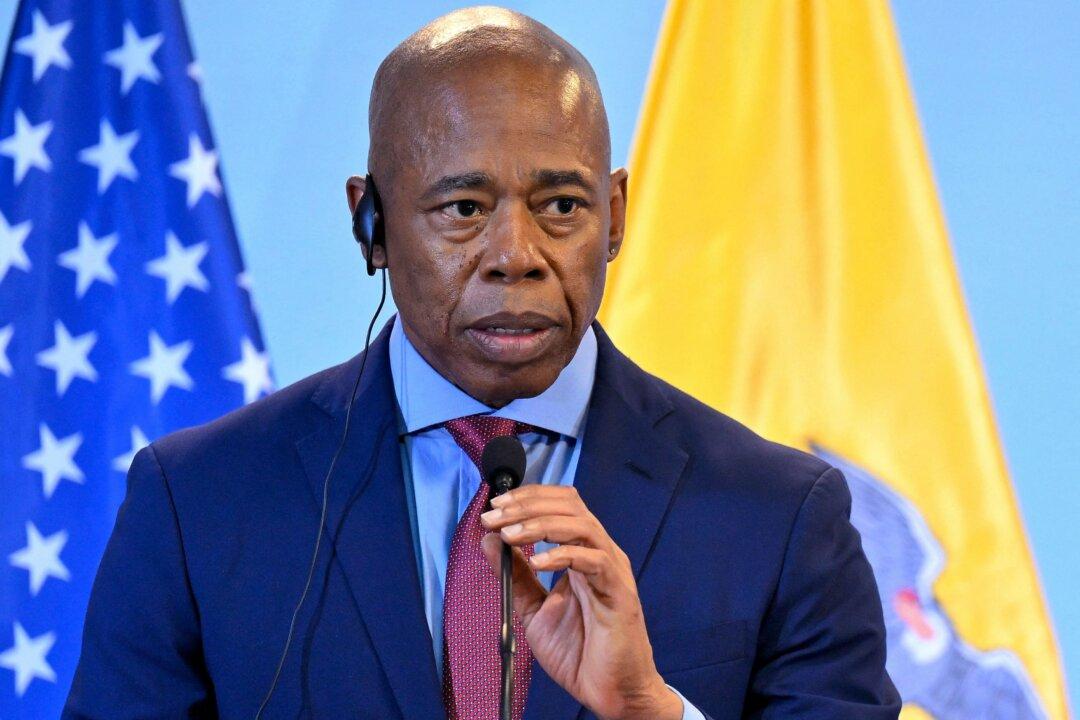When former Vice President Mike Pence announced his candidacy for the Republican presidential nomination, his pitch was crystal clear. He positioned himself as the anti-Trump candidate, hoping voters would reward him for rejecting the former president’s demands to challenge the certification of the bitterly disputed 2020 presidential election results.
“I believe that anyone who puts themselves over the Constitution should never be president of the United States,” he said of his former boss. “And anyone who asks someone else to put them over the Constitution should never be president of the United States again.”
Just four months on, Mr. Pence has thrown in the proverbial towel on his presidential ambitions. Announcing the suspension of his campaign last weekend, the former vice president insisted he had “no regrets” about his decision to run in the first place.
According to CNN, Mr. Pence made the decision amid fears he may not even qualify for the third Republican debate later this month due to a lack of donors and single-digit polling figures.
After his campaign ended, one might be forgiven for asking: What was Mr. Pence trying to achieve?
Running for the presidency primarily serves to enhance one’s national visibility or position oneself as a potential candidate for a cabinet position. Yet given Mr. Pence’s recognition from his time in the White House, this was hardly necessary.
The other explanation is that he genuinely believed he could win both the nomination and the presidency, even though it was clear from the outset that his chances of success were slim. His overall RealClearPolitics polling average had him at 3.4 percent, below the likes of former South Carolina Governor Nikki Haley and the businessman Vivek Ramaswamy.
“Mike Pence’s campaign always resembled Dan Quayle, the last Republican one-term former vice president who tried running,” Dennis Lennox, a Michigan-based Republican consultant who has worked on various presidential campaigns, told The Epoch Times. “I’m not convinced that even in an alternative pre-2016 reality former Vice President Mike Pence would have cleared the field or been the frontrunner.”
“There were also always questions about whether he even had a real campaign,” he continued. “From the beginning, he struggled with fundraising, and I’m not sure he even filed for any ballots. The reality is we are now at the stage of the campaign where filing deadlines for all 56 state and territory primaries and caucuses are coming and going.”
Others believe that his campaign was merely about satisfying his ego, even if that meant damaging his credibility among Republican voters.
“Mike Pence has long positioned himself as a sort of ‘principled’ martyr for conservatism. A close look at his record indicates that is far from the case,” said Newsweek senior editor and conservative podcast host Josh Hammer.
“Those with a reasonably good memory will recall how, in 2015, then-Indiana Governor Pence, who long campaigned as a staunch social conservative, folded like a cheap suit when the business lobby objected to Indiana’s Religious Freedom Restoration Act. His quixotic 2024 presidential bid was similarly less about ‘principle’ than it was about satisfying his own outsize ego.”
Some conservatives take a more sympathetic view. For example, Gregg Keller, founder of Atlas Strategy Group, told The Epoch Times that Mr. Pence saw his campaign as an opportunity to highlight socially conservative issues such as abortion and the nuclear family.
“VP Pence is animated by the cultural and social conservative issues which defined his career,” Mr. Keller explained. “And, however imperfectly, I believe he saw his campaign as a vehicle to keep those culturally conservative issues—pro-life, our coarsening culture, the centrality of the family, etc.—top-of-mind for Republican voters,” he continued. “He’ll always be a voice of those issues our voters respect and consult.”
Michael Johns, a former White House presidential speechwriter and Heritage Foundation policy analyst, argued that Mr. Pence’s campaign was likely born out of a lifelong desire to reach the Oval Office.
“It is quite likely that Pence’s presidential aspirations date back to the beginning of this century when he was in Congress. If not then, they certainly emerged when he was governor of Indiana. Now it is 2023, and his national recognition is arguably at its height, he likely concluded that it was worth the attempt.”“Did he ever feel with certainty he could secure the nomination or presidency? Almost certainly not, but it is also true that many times presidents begin a campaign without that level of confidence.”




